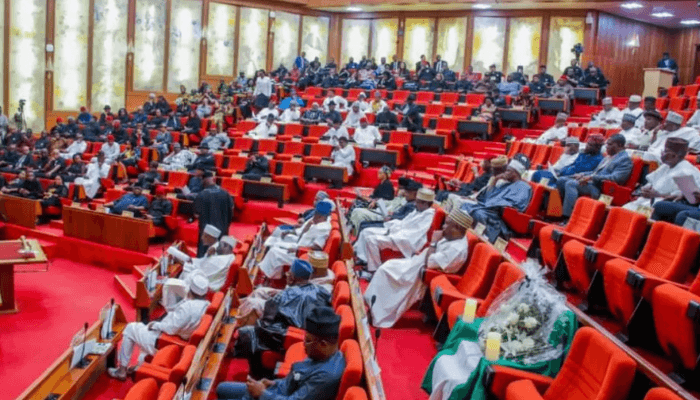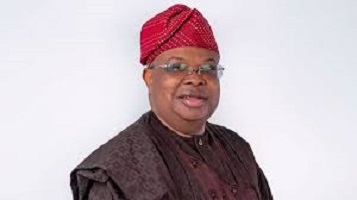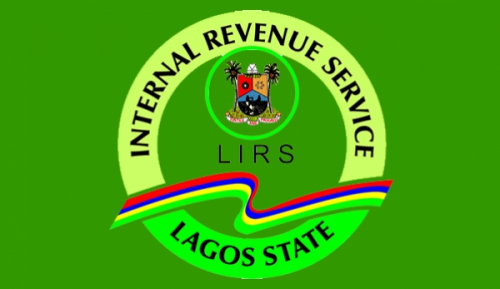The value of economic summits

When the first Nigerian Economic Summit (NES) was held in Abuja in February 1993, little did the organisers know that economic summit will one day snowball into an idea that is widely accepted across the country.
Today, families, corporate bodies, states and the federal government have embraced the idea and they regularly organise their economic summits.
For state governments, the purpose of economic summits is usually to expose to local and foreign investors the investment opportunities that abound in their states, the enabling environment in place that would make investments thrive in the state and to invite such investors to invest there.
Recently, the Niger State Government organised a two-day economic summit to market the state’s economic potential to investors.
Tagged “Impact Investment for Advancing Agricultural Economy and Innovation,” the summit attracted economic experts, industrialists, manufacturers and some state governors across the country. It was organised to attract investors in various fields to boost the state’s economy.
Judging from the interest shown by investors at the summit there is no doubt that the state is poised to become an agricultural giant among the states in the country.
Niger State is certainly a state to watch in the area of accelerated agricultural development in the next few years, a situation which made Vice President, Prof. Yemi Osinbajo to declare that Niger State has the capacity to produce varieties of food crops that will feed African continent.
Among other investors who showed interest in the state, the Dangote group is investing $450 million in the state to establish a large scale rice processing mill to process 200,000 metric tonnes of paddy rice and to establish a state-of-the-art fully integrated sugar refining industry in the state.
The company will also establish a state-of-the-art fully integrated sugar industry involving the development of 30,000 hectares of sugarcane plantation and the production of about 500,000 metric tonnes of refined sugar.
Another company is to establish a N1.6 billion shea butter factory in Mokwa Local Government Area of the state and would engage about 10,000 workers.
To attract the investors the state had put in place various enabling environment measures that would make businesses thrive.
Towards this end the state has laws and agencies that encourage private sector participation in the development of the state’s economy.
Key among such agencies is its One Stop Investment Centre which the state government uses to put forward to would-be investors its investment potentials and priority areas of agriculture, solid minerals, tourism, transportation and energy.
The example of Niger State’s success in wooing investors to the state so far is an eye opener and a pointer to the fact that where there is a will there is a way.
It also shows that with a good vision and determined leadership every state in the country can successfully market its potential to investors and turn around the economic conditions of the state, the recession in the economy notwithstanding.
Another example is Lagos State government which last year joined hands with Kebbi State to develop Kebbi’s rice fields.
It was an instant success. The rice from that joint venture, among others, enabled the Lagos State government to bring down the price of rice in its markets.
Going forward, state governments must know that they are in a healthy race for development of their economies.
In doing so, they must learn that through healthy, positive competition, cooperation and learning from each other’s successes and failures, state governments can better develop their state’s economies and bring tremendous development to their people.










